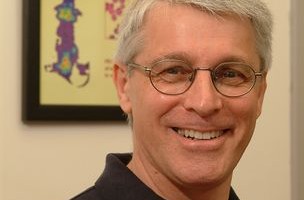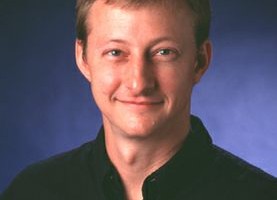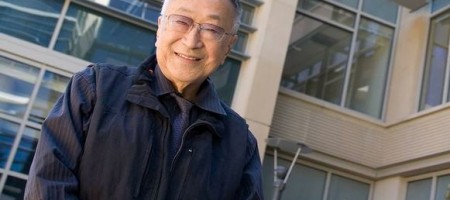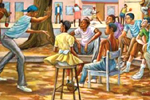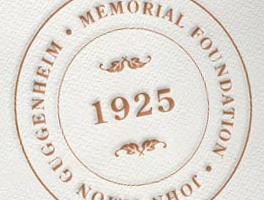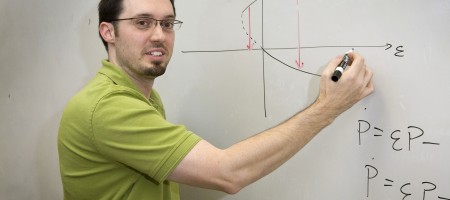Scientists at UCLA find cell of origin for human prostate cancer
A UCLA research team lead by senior author Owen Witte has identified a cell of origin for human prostate cancer, a discovery that could result in better diagnostic tools and the development of more effective targeted treatments for the disease.


